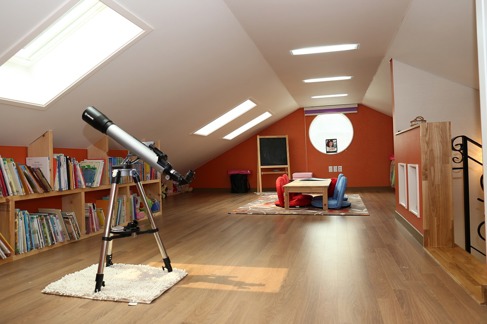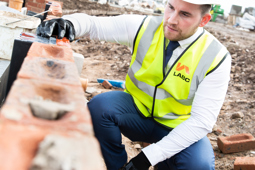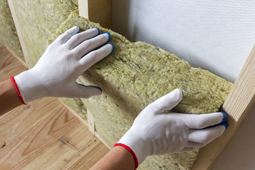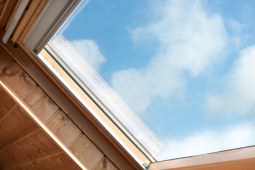
How do I know if I can convert my loft?
Project type
Converting your loft can be a cost-effective way of increasing living space in your home and the value of your property. While some lofts can’t be converted, many can - although some are easier and cheaper to adapt than others.
If you are thinking of converting your loft, it’s best to get professional advice, but as a first step, check:
- The available head height over the staircase and landings. This is the main deciding factor. There needs to be at least 2.2m between the top of the floor joists and the bottom of the ridge timber. This is so that there is at least 2m of headroom once new floors and beams etc have been fitted. You should also consider the headroom throughout the majority of the room. This is what is deemed a comfortable height. Find out more here.
- Floor space. Is the floor area large enough to make a useable room? This may also affect which type of loft conversion you opt for.
- The pitch of the roof. The steeper the pitch of your roof, the easier it is to convert your home, as there will be more head room and therefore more useable space.
- The type of roof – Your roof will have either traditional cut rafters which form the roof shape outline and enable you to form a space with minimal structural alterations, or may have pre-formed trusses which make conversions more complicated and expensive.
- Any other obstacles. Many older properties have water tanks and chimney stacks which may either need to be removed or factored into any design for your conversion.
If you don’t have the necessary head height you could consider lowering the ceilings in the room(s) below or raising the roof or adding dormer windows.
Lowering the ceilings can create a lot of mess and raising the roof can be costly – and needs planning permission, but both are possible if you’re determined to convert your loft.
Further information
Do I need building regulations approval for my loft conversion?






